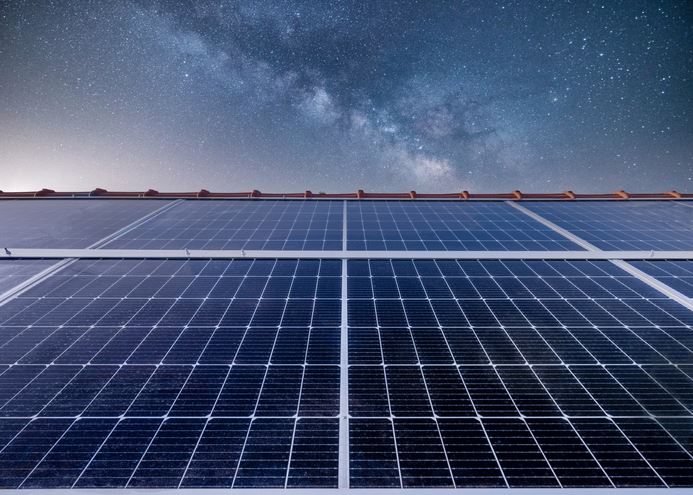Solar panels: a great solution to the ongoing and ever-growing issue of mass energy consumption. As the solar power industry increases and more and more solar companies are founded all over the world, this renewable energy technology is becoming a common facet of the energy sector. Solar energy has exponential benefits, which is why there has been a huge deployment of solar technology in recent times.
Because solar power energy consumption is such a viable option in a world where renewable resources are becoming prioritized, there is a lot of competition from other energy sectors. Solar powered energy infrastructure has a lot of benefits: besides being clean and green, solar panels are easy to install and maintain, they are built to last, and they also reduce waste by being 90% recyclable.
All of these excellent selling points tend to overshadow (no pun intended) one potential problem with solar energy: solar panels do not receive or create energy at night!
Fun Without the Sun
Although the photovoltaic cells in solar panels require sunlight to produce electricity, they still generally offer two indirect energy sources when the sun goes down. After all, the evening can often be when electricity is needed the most: electrical lighting helps us see in our homes at night, and this is often the time when most relax in front of various screens and charge their electrical devices. Solar energy wouldn’t be a viable option if the issue of nighttime consumption wasn’t solved.
So how do solar panels provide energy without solar power?
Net Metering
Although this service is not always available (depending on local infrastructure), net metering is the process of excess solar energy created by solar panels being deposited into the electrical grid. If, for example, you have a residential solar system, the local electrical company that this excess energy was received by would provide a credit or reimbursement to your account. At nighttime, you would be able to use this credit in return for energy being distributed to your home.
Net metering is a beneficial but evolving practice that still has flaws – for one thing, its availability is dependent on whether or not local energy companies will participate. However, because solar operations continue to increase, it is likely that net metering will become more widely available as solar technology is increasingly deployed.
Solar Battery Storage
The second option we will discuss offers a bit more freedom, with less dependency on the local grid. Solar batteries offer the essential functionality of larger energy storage. Think of a regular battery, but bigger! During the daytime, your solar power system will send energy to these batteries to be stored for use when the sun goes down. At this time, the batteries kick in and you receive energy from them rather than directly from the solar panels.
Instead of trading energy and sending it back and forth from the grid, solar panels provide a bit more peace of mind by ensuring that your own personal stash of energy is used before borrowing anything from the local establishment. Many solar panel owners include batteries in their electrical system for this reason alone – financial independence provides many benefits, especially where resources such as electricity are concerned.
Another great benefit of solar batteries and their independence from the electrical grid is the fact that they are available in emergency outages. Battery storage gives you immediate access to electricity regardless of external conditions: if a natural phenomenon has caused power outages all over your city, you may just be your community’s saving grace! Solar companies understand the value of independent energy sources, and many will recommend including batteries in your solar power installation for these reasons alone.
The Best of Both Worlds
Now that we have answered the question of whether solar panels provide energy at night (which is no, they do not) and also gone over the two main workarounds for this issue, let’s briefly discuss the brightest solution: a combination of net metering and solar battery usage.
Realistically, most solar panel units will be installed and connected to net metering if it is available. This doesn’t mean that you should forgo the option of having battery storage! Using net metering and battery storage in tandem is a sure way to be in control of your energy supply, regardless of whether the sun is shining.
If you are considering a solar energy solution, hopefully, this article has shed some light on what happens with your solar panels after dark.

